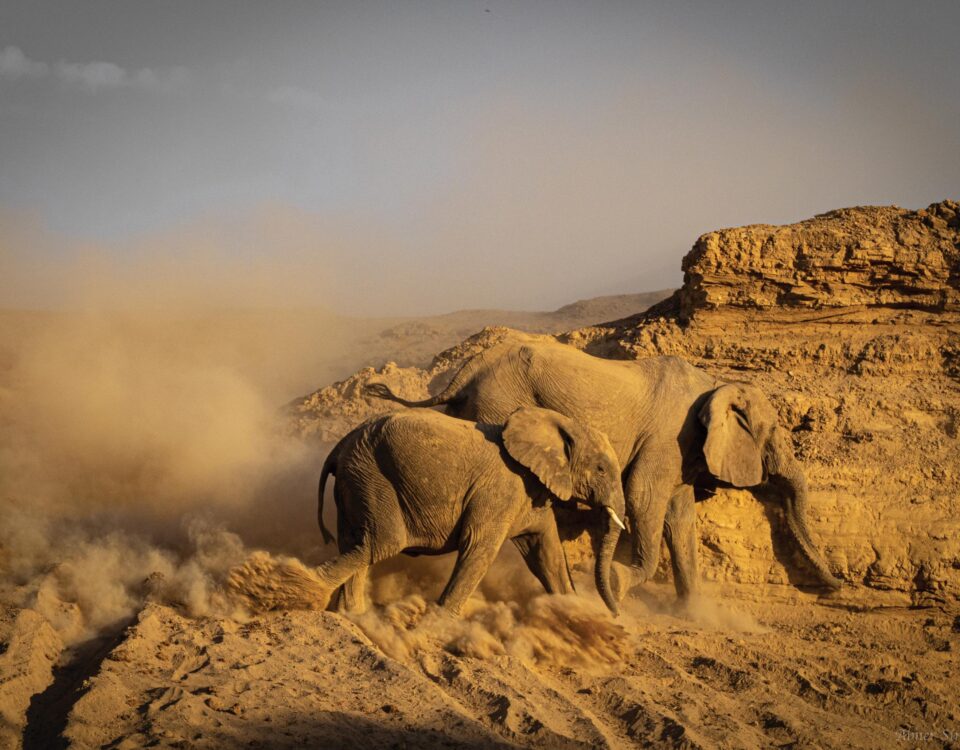Building together day by day
August 6, 2012As fresh as a newly-picked sprig – Wild Rocket, SWAKOPMUND
August 6, 2012Review Amy Schoeman
Author Piet van Rooyen is one of Namibia’s most acclaimed writers of Afrikaans fiction. Seven of his novels and four of his anthologies of poetry have been published in South Africa, resulting in him winning both the Tafelberg/Sanlam and the CNA debut-fiction prizes for his novel Die Spoorsnyer, as well as the M-Net award for his novel Die Olifantjagters.
In his latest book Op soek na Witbooi, Van Rooyen tells the story of one of Namibia’s most famous and remarkable resistance fighters and heroes – Kaptein Hendrik Witbooi, the great leader of the Witkams Commando and a king of the Namaqua people, a sub-tribe of the Khoekhoe/Nama people who moved northwards from South Africa into Namibia.
Today Namibians see Hendrik Witbooi’s image practically every time they pay for their bread, cigarettes or other daily necessities with a Namibian banknote, although, due to the regular and mundane usage of the notes, they barely notice him, despite the intensity of his gaze as he looks you in the eye from beneath his distinctive hat, his ears covered with the unique white head-scarf that gave rise to the name of the celebrated Witbooi group. In the background is the Tintenpalast, seat of today’s Parliament Buildings in Windhoek, intimating the significant role Witbooi played in the historical and political journey that evolved into the Namibia we know today.
As suggested in the title, the theme of the book is a search, in the first place to find Witbooi’s last resting place – his men had hastily buried him in a shallow grave and then ridden over it with their horses to conceal it – but also as a journey into a past in which a man on his horse, his gun at his hip, represented the law of the land, when the difference between ‘right’ and ‘wrong’ was still clear and the ‘right of might’ was still unequivocal, and used as a matter of honour to lay claim to living space in the land.
The story begins when the narrator and his alter ego in the form of the female guide, Aka, depart on horseback to wander across Namibia’s deep south in search of the grave of the fallen warrior, referring to historical records and Witbooi’s diary to point the way. En route, while suffering much hardship, embodied by drought and other deprivations, the two travellers attempt to find each other. But ultimately the chronicler is left alone, hungry and destitute, and no closer to finding Witbooi’s grave, although much wiser for the experience.
The author presents the account as a gripping and highly readable journey through tumultuous and difficult times. The narrative is multi-layered throughout, and speckled with philosophical insights and universal overtones. It is as much a story of man pitted against man as one of man confronting nature, here embodied by the harshness albeit infinite freedom and beauty of southern Namibia.
Published by: MACMILLAN EDUCATION NAMIBIA PUBLISHERS WINDHOEK 2011
This article appeared in the January’12 Edition of FLAMINGO Magazine.

